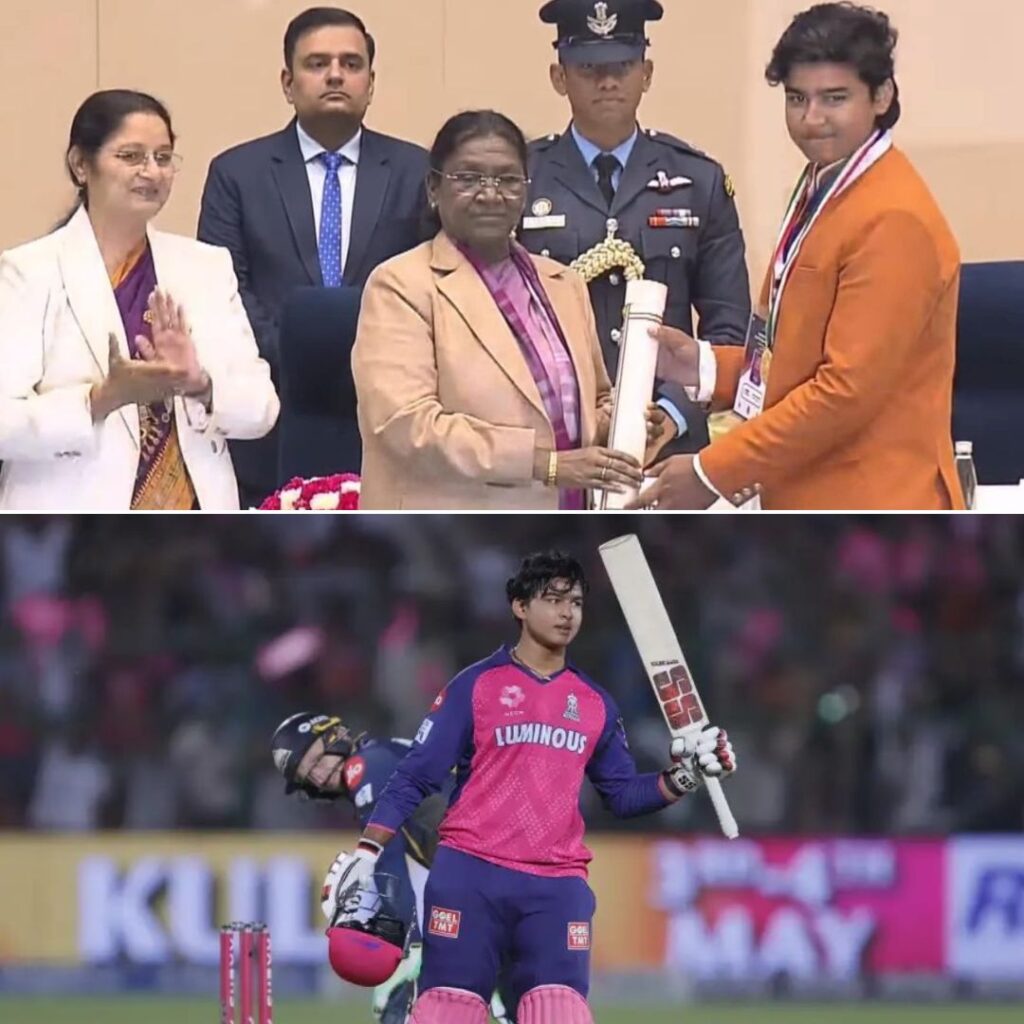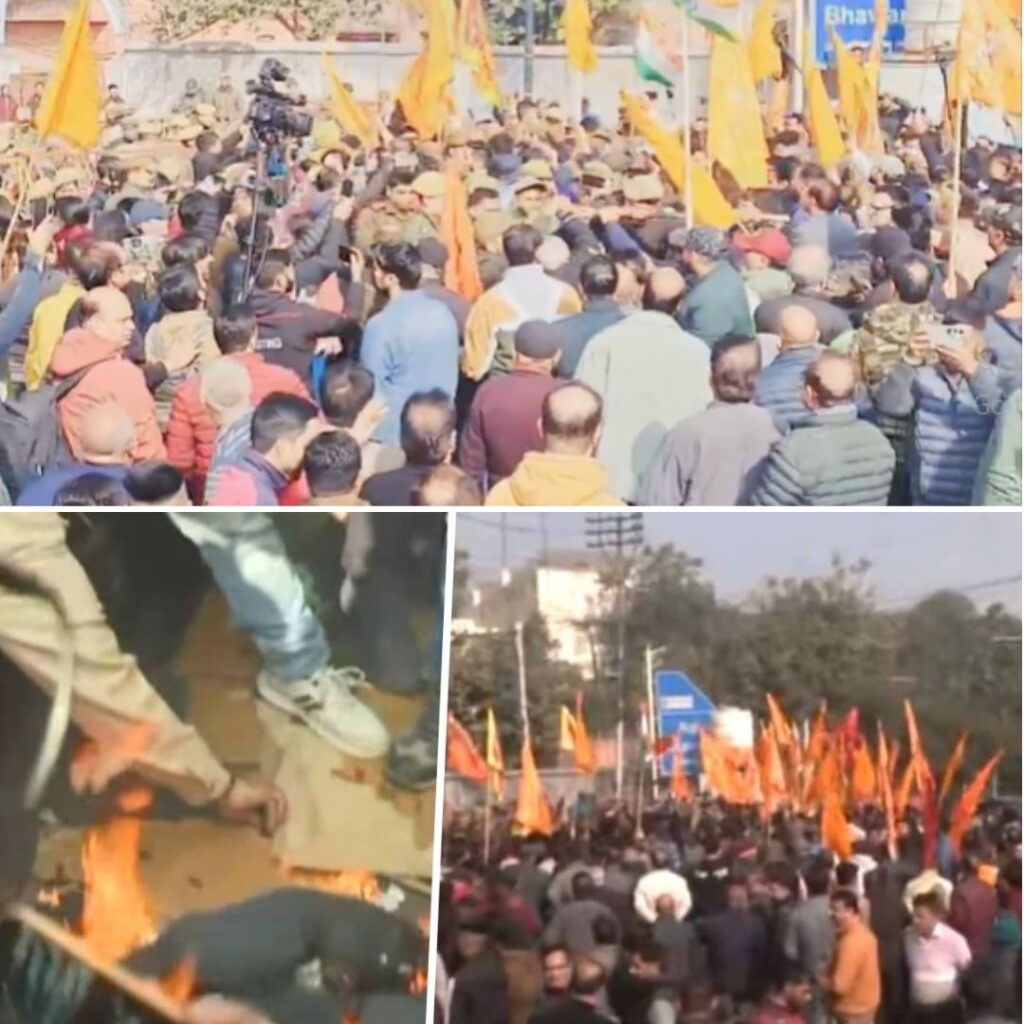Chhattisgarh has banned farmers from growing Rabi Paddy crops, owing to the drought prevailing in the state. The farmers who would still opt to grow Rabi, will not be supplied water. In some villages, Government has declared that electricity supply of those will also be cut.
Drought In Chhattisgarh
In September 2017, Chhattisgarh Government declared 96 Tahsils to be drought hit. Most of the reservoirs had water levels below the average mark.
Paddy is irrigated using canal irrigation. The government says, dropping of water levels has forced them to take this step. They added that providing water for drinking and other purposes would be of top priority in such a situation.
In Chhattisgarh, 1.8 million hectares is for Rabi crops, out of which paddy is sown in 200,000 hectares. Usually, sowing starts by the end of December for summer paddy. This decision to ban the cultivation caused despair among the farmers. Due to drought, farmers had already refrained from growing Kharif crops. A lot of hopes were riding on Rabi paddy, but with the ban, things look bleak.
Alternative
The state government has taken an initiative to encourage farmers into cultivating oilseeds and pulses instead. After the announcement made by Chief Minister Raman Singh, the irrigation department took measures to convince farmers against growing summer paddy and instead cultivate oilseeds and pulses crops. Chief Secretary of Chhattisgarh, Vivek Dhand has sent out a notification to all divisional commissioners and district collectors asking to discourage summer paddy farming.
According to IndoAsian Commodities, CM Raman Singh said,” The department of irrigation has been directed to launch an extensive campaign to promote oilseed and pulses crops instead of summer paddy during Rabi season 2017-18.”
An awareness campaign for the farmers is also planned. The department has been instructed to provide sufficient quantity of oilseeds and pulse seeds. The Chhattisgarh government is all set to distribute 156,000 mini-kits. They are also requesting the Central government to supply 400,000 mini-kits of oil seeds and pulse seeds.
Defending the decision, Brijmohan Agarwal, Minister of Agriculture, Chhattisgarh said that, cultivation of summer crops had not been banned. Instead the farmers have been only advised to grow crops other than summer paddy, and this will help to maintain a healthy groundwater level.
Criticism Around The Decision
Chhattisgarh is also called the “Rice Bowl of the Nation”. The drought had already brought a lot of panic among farmers. Hopes were high , but with this, the farmers have been left helpless.
Bhupesh Bhagel of Congress criticised the government’s proposed ban saying if farmers were to take permission even for growing paddy, they would have nowhere to go.
Agriculture Scientist, Dr Sanket Thakur argued that government’s proposal to convince farmers into cultivating crops other than summer paddy would not prove to be very beneficial.
However, some experts are of the opinion that growing paddy twice a year results in the excess use of water and the decision to ban the cultivation would be helpful.
Plight of Farmers in The State
According NDTV, in a written reply to a question of Congress legislator Amarjeet Bhagat, state’s Revenue Minister Premprakash Pandey said, “252 farmers have committed suicide across Chhattisgarh between January 1, 2014, and December 31, 2016.” This year itself, in June, ten farmers committed suicide in 15 days. The government tried to hush the incident saying very few suicides were due to farming reasons.
At the beginning of the year itself, about 300 farmers gave away their produce for free in a unique form of protest to bring attention to the Chhattisgarh government towards the dramatic fall in vegetable prices.
In September 2017, Section 144 was imposed in Balod, Kabirdham and Rajnandgaon districts. The three-day ‘Sankalp Yatra’, organised by the Chhattisgarh Kisan Mazdoor Mahasangh and Chhattisgarh Bachao Andolan, was to begin on Tuesday from Rajnandgaon. The farmers’ demands include implementation of the Swaminathan Commission recommendations, increasing the minimum support price for paddy and giving farmers the bonus they promised, among others.
However, Dr Raman Singh handed over a pre –Deepavali bonus ‘Tihar’ to the farmers. The Chief Minister in his address claimed that his government is for the farmers.The Paddy Bonus distribution program was termed as Tihar. It was a distribution scheme under which farmers were provided with a pre-Deepavali bonus to the paddy farmers in the state.
As per the scheme, 109220 paddy farmers would be benefited and a total amount of Rs. 149.51 crore was announced for the farmers Surguja district. Chhattisgarh government had announced that over 13 lakh paddy cultivators would get a bonus of Rs. 300 per quintal procured from them.
The total budget bonus is Rs. 2100 crore for paddy procured in 2016 – 2017 that will reach farmers before De…











